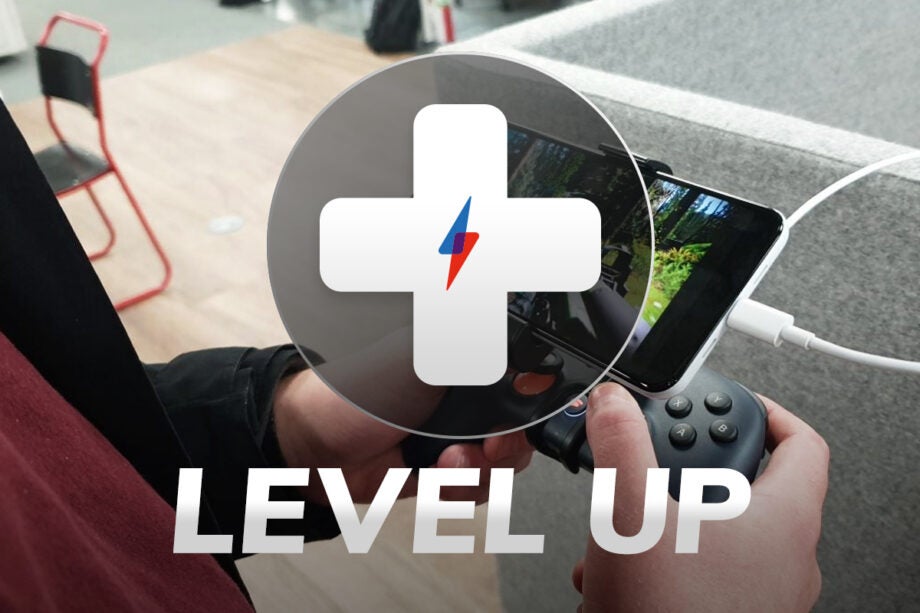Level Up: Stadia’s not doomed, it’s finally heading in the right direction

Earlier this week Google announced it will be shutting down SG&E – the company’s internal gaming studio that was set up to develop exclusive titles for Stadia. While the shuttering certainly begs the question of how this will impact Google’s game streaming service, I think there is an opportunity here to give Stadia the focus it needs to become a successful platform.
While the allure of exclusive titles always seems like a tantalising concept, I don’t think this was ever the right move to draw gamers to Stadia. The first thing to point out, as Google has no doubt come to realise, is that game development is no walk in the park. As Amazon discovered last year after finding monumental failure with its own IP, Crucible, game development can be a costly endeavour and a tricky one to get right.
Secondly, Stadia already has its ‘system seller’, and that’s the very platform it’s built upon. Google’s done an awful job of highlighting Stadia’s benefits, and this can be surmised perfectly by the utterly absurd launch trailer. Instead of all the waffle and lightning-fast imagery, Google should have taken a leaf out of Nintendo’s book by emulating the initial trailer for the Nintendo Switch.
Remember how good that initial Switch sell was? “We have a home console that can be taken with you on the go, so here’s some footage of exactly that.”
The experience was the key sell, and the games were secondary. By comparison, I didn’t fully understand what made the Stadia experience compelling until I tried it for myself. After jumping between my work laptop at lunch, the living room TV in the evening and then my iPad around bedtime, the idea of being stuck to wherever your console is has begun to feel old fashioned – simply put, I get it now.
Google has said that in light of SC&E being shut down, it will be looking to remove the red tape and allow third-party developers to bring their games to Stadia with relative ease. This should’ve been the focus from the beginning, but at a time when it’s almost impossible to get your hands on a next-gen console, this approach should allow Stadia to position itself as a far more convenient and affordable way of playing the latest games.
So far, Cyberpunk 2077 has been the best example of this as the woeful performance of the game on last-gen consoles – and the expensive barrier of entry to get it running on a PC – meant that of all the options it was Stadia that offered the most hassle-free way of playing the game. The buzz generated from this certainly helped certain pundits to rethink Stadia, but the company needs more examples like this to really get its point across.
Given that we don’t have a shred of information about what SG&E was actually working on, we’ll never know if the gaming world has missed out on any gems, but for Stadia’s sake I do think it’s a decision worth taking to give the service a better outlook – let’s just hope it sticks.


